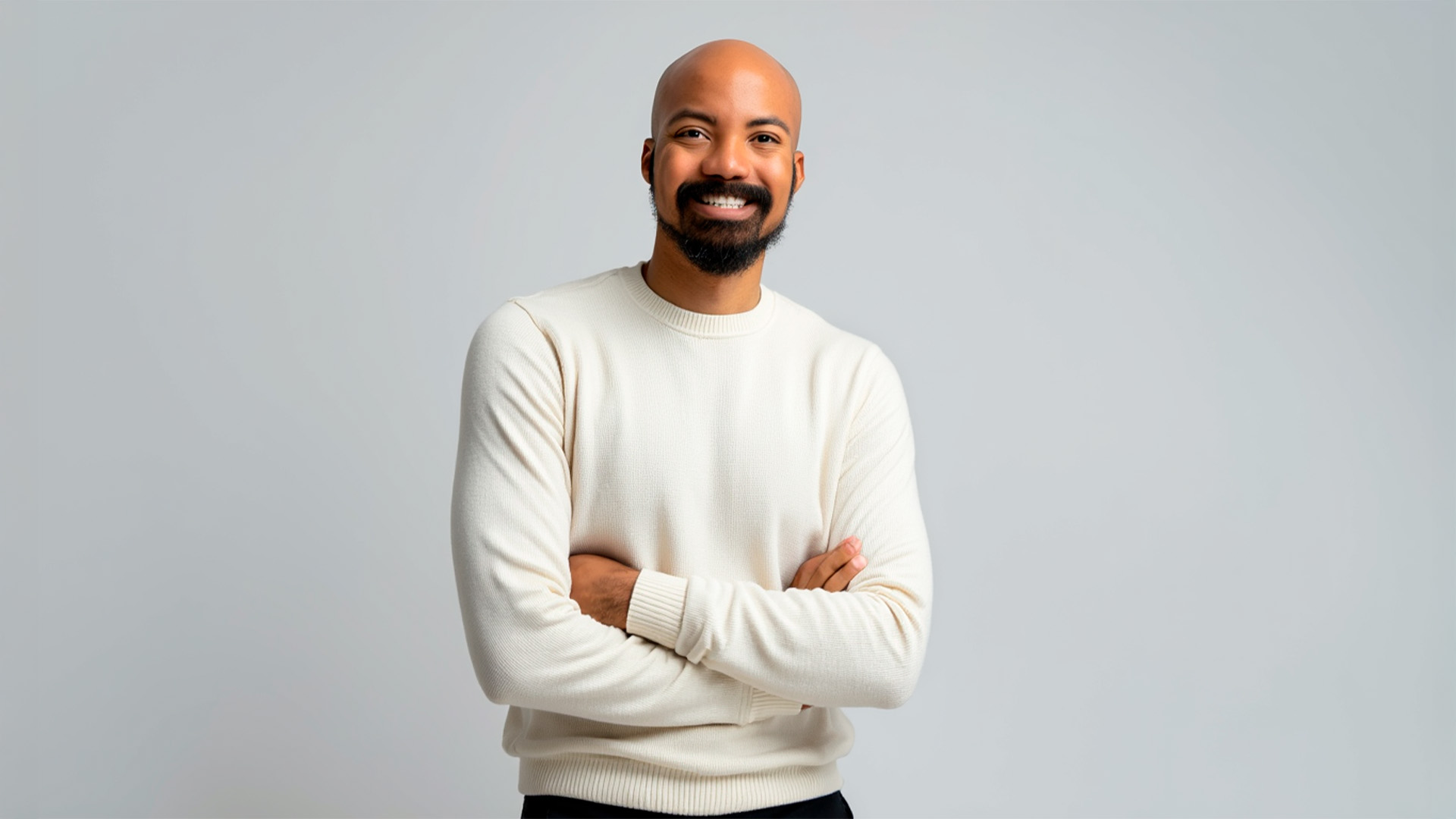Many accomplished professionals are surprised when their marriages begin to falter despite their career success. The very skills that fuel achievement at work can create distance at home, leaving high-performing men feeling as if they are walking on eggshells with their partners. Dennis St. John Crosby, who works with men to rebuild struggling marriages, offers practical insights into this dynamic and strategies for reconnecting with a spouse who has emotionally pulled away.
Understanding How Work Habits Hurt Marriage
Crosby highlights a core conflict between the skills that drive career success and the ones that sustain a marriage. “Success in anything requires you to prioritize that thing. By prioritizing work, we limit our time in a day and restrict our attention and bandwidth,” he explains.
The time crunch is obvious, but the deeper issue is mindset. Corporate environments reward rational thinking and logical problem-solving. Those same approaches often fail in relationships. “We can’t hold them to high degrees of rationality, which is what we do at work,” Crosby says. “In relationships, it is a much more emotional conversation on both sides.” Shifting from boardroom logic to emotional connection requires an entirely different skill set—one many successful men were never taught to develop.
The challenge intensifies as careers advance. Senior roles bring greater responsibility, bigger paychecks, and the weight of lifestyle inflation. “As we make more money, lifestyle creep kicks in. Our expenses start growing, and then we have to work harder to catch up,” Crosby notes. Men can feel trapped in a cycle where slowing down or redirecting attention to family seems impossible without risking the lifestyle they worked so hard to build.
Shifting from Problem Solving to Self-Reflection
When faced with an emotionally distant spouse, many men slip into problem-solving mode, the same mindset that serves them well at work. Crosby warns against this instinct. “Most men want to immediately try to solve the problem by fixing her,” he says. The approach often backfires because it overlooks the real cause of her withdrawal. Instead, Crosby advises beginning with brutal self-assessment. “Really take a look in the mirror, maybe journal about what ways you have contributed to her shutting down?” he suggests. The exercise is uncomfortable for many men because it requires owning their part in the dynamic rather than pointing to external problems. The goal is not to change her behavior directly, but to create an environment where she feels safe enough to open up again. “You really want to focus on creating an environment where she feels safe to start opening up,” Crosby explains.
Exploring Why Counseling Often Fails Professionals
Traditional counseling often leaves high-achieving men frustrated when it comes to repairing their marriages. Crosby explains the gap with a medical analogy: “It’s the difference between going to a primary care physician and a surgeon. One’s a generalist, the other specializes in a certain thing.” Most therapists are trained as generalists and lack specific experience in navigating marriage crises, particularly those involving ambitious professionals. The difference matters because the stakes, pressures, and personalities are unique. “I’ve worked with counselors as clients, and their relationships are just as messed up,” Crosby notes. Generic therapy training simply does not prepare practitioners for the challenges that come with high-pressure careers and the type of men who pursue them.
The 10% Investment Strategy
Crosby rejects the either-or mindset that forces men to choose between career and marriage. “They’re not mutually exclusive,” he insists. In fact, a strong marriage can give professionals more freedom to pursue their goals by providing stability at home. His prescription is surprisingly simple: redirect a small fraction of career development energy into relationship development. “For every 10 books that you read, make one of them a marriage book. For every 10 events you attend for professional development, make one of them a relationship retreat,” he suggests. The return on that investment is enormous. “When the marriage starts falling apart, it is going to set you back probably one to two years in focus and productivity.”
Crosby also reframes emotional withdrawal in marriage. It is not random, manipulative, or sudden. It is a progression from unmet needs to hopelessness. “When our needs are not being met, it creates pain. That is the nature of suffering, wanting something and not getting it,” he explains. Withdrawal often reflects someone who has tried to express their needs but no longer believes change is possible. This perspective changes the entire challenge. “What you probably do not even realize you are doing is trying to open her up to sharing that pain with you,” Crosby says. “But if you are not in a place where you are ready and able to receive that pain in a way that helps you navigate and bring you back to a good place, it is all going to fall apart.”
The solution is not about fixing a spouse but becoming someone safe enough to handle their deepest pain, not just surface frustrations. “You have to make sure you are ready to receive what she is holding back,” Crosby concludes. That preparation begins with honest self-examination and learning new skills for emotional connection.
Connect with Dennis St. John Crosby on LinkedIn or check out his website to explore strategies for rebuilding stronger marriages.





